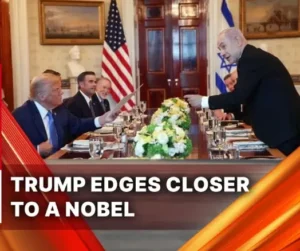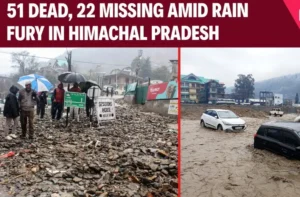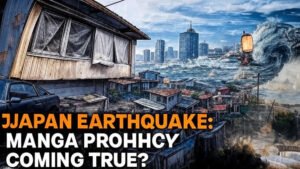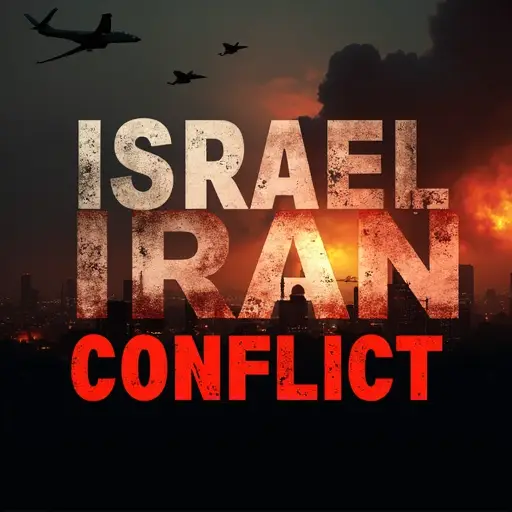The Israel-Iran conflict has entered a new phase following a series of Israeli airstrikes targeting key Iranian nuclear sites and military officials. The recent escalation, which unfolded over 12 days, saw Israeli forces—backed by the United States—launch coordinated attacks against Iran’s nuclear infrastructure, including the Esfahan Nuclear Technology Center. These strikes reportedly destroyed critical components necessary for Iran’s nuclear weaponization efforts, significantly hindering its enrichment capacity.
Iranian Nuclear Sites Under Fire: Israel-Iran Conflict
The Israeli campaign focused on disabling Iran’s ability to process uranium for potential weapons use. The destruction of facilities such as the Uranium Metal Conversion Plant dealt a major blow to Iran’s nuclear ambitions. In response, Iran has begun repair operations at affected sites, including the Natanz Enrichment Complex, as satellite imagery revealed ongoing recovery efforts.
State Funerals and National Mourning Israel-Iran Conflict
As the truce between Israel and Iran holds, Tehran has conducted state funerals for top military commanders and nuclear scientists killed in the conflict. Among the mourned were high-ranking officials and scientists, with Iranian state media confirming the deaths of at least 16 scientists and 10 senior commanders. Iranian authorities maintain that their nuclear program is peaceful, a stance echoed by international nuclear watchdogs, though Israel asserts these actions were necessary to prevent future threats.
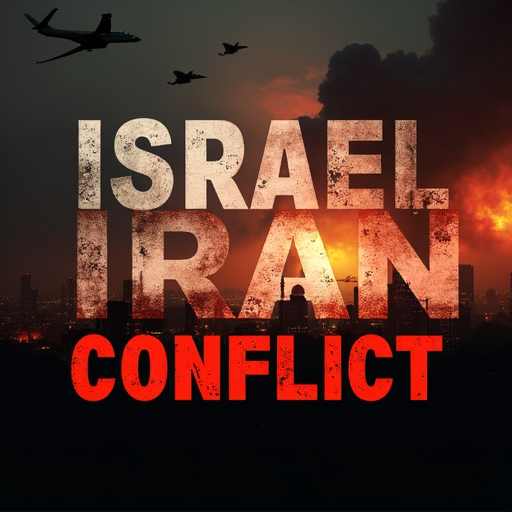
Iranian Nuclear Sites: Security and International Reactions
Israeli operations extended beyond airstrikes, with reports of covert missions inside Iran carried out by Mossad agents. These operations targeted air defenses and missile sites, aiming to limit Iran’s retaliatory capacity. The conflict has drawn global attention, prompting reactions from world leaders and sparking debates over regional security and the future of Iran’s nuclear activities.



